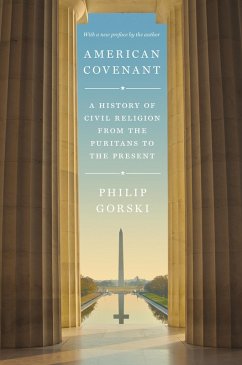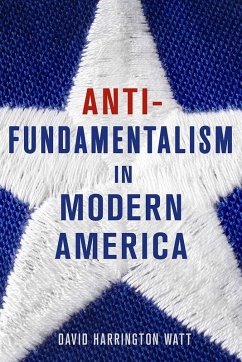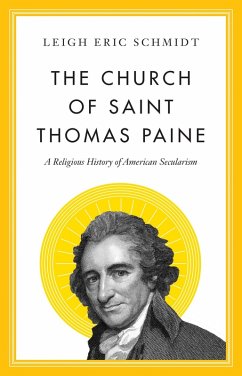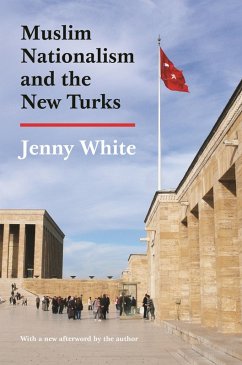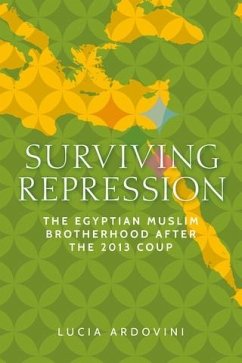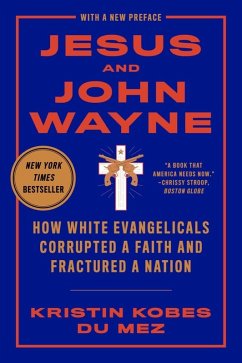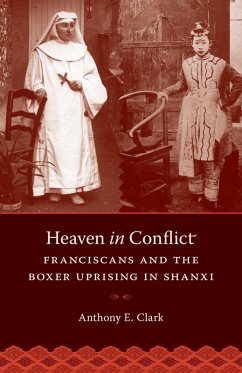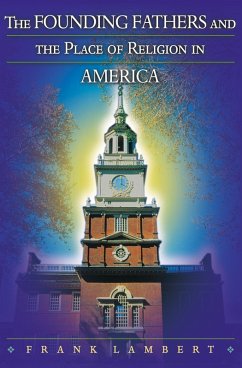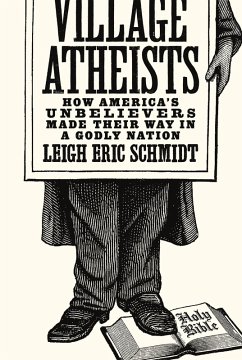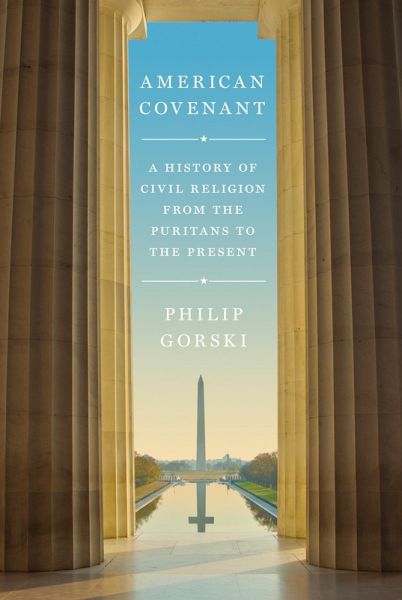
American Covenant (eBook, ePUB)
A History of Civil Religion from the Puritans to the Present

PAYBACK Punkte
14 °P sammeln!
An authoritative account of the long battle between exclusionary and inclusive versions of the American storyWas the United States founded as a Christian nation or a secular democracy? Neither, argues Philip Gorski in American Covenant. What the founders actually envisioned was a prophetic republic that would weave together the ethical vision of the Hebrew prophets and the Western political heritage of civic republicanism. In this ambitious book, Gorski shows why this civil religious tradition is now in peril-and with it the American experiment.Gorski traces the historical development of proph...
An authoritative account of the long battle between exclusionary and inclusive versions of the American story
Was the United States founded as a Christian nation or a secular democracy? Neither, argues Philip Gorski in American Covenant. What the founders actually envisioned was a prophetic republic that would weave together the ethical vision of the Hebrew prophets and the Western political heritage of civic republicanism. In this ambitious book, Gorski shows why this civil religious tradition is now in peril-and with it the American experiment.
Gorski traces the historical development of prophetic republicanism from the Puritan era to the present day. He provides close readings of thinkers such as John Winthrop, Thomas Jefferson, Frederick Douglass, W.E.B. Du Bois, and Hannah Arendt, along with insightful portraits of recent and contemporary religious and political leaders such as Jerry Falwell, Pat Robertson, Ronald Reagan, George W. Bush, and Barack Obama. Gorski shows how the founders' original vision for America is threatened by an internecine struggle between two rival traditions, religious nationalism and radical secularism. Religious nationalism is a form of militaristic hyperpatriotism that imagines the United States as a divine instrument in the final showdown between good and evil. Radical secularists fervently deny the positive contributions of the Judeo-Christian tradition to the American project and seek to remove all traces of religious expression from the public square. Gorski offers an unsparing critique of both, demonstrating how half a century of culture war has drowned out the quieter voices of the vital center.
American Covenant makes the compelling case that if we are to rebuild that vital center, we must recover the civil religious tradition on which the republic was founded.
Was the United States founded as a Christian nation or a secular democracy? Neither, argues Philip Gorski in American Covenant. What the founders actually envisioned was a prophetic republic that would weave together the ethical vision of the Hebrew prophets and the Western political heritage of civic republicanism. In this ambitious book, Gorski shows why this civil religious tradition is now in peril-and with it the American experiment.
Gorski traces the historical development of prophetic republicanism from the Puritan era to the present day. He provides close readings of thinkers such as John Winthrop, Thomas Jefferson, Frederick Douglass, W.E.B. Du Bois, and Hannah Arendt, along with insightful portraits of recent and contemporary religious and political leaders such as Jerry Falwell, Pat Robertson, Ronald Reagan, George W. Bush, and Barack Obama. Gorski shows how the founders' original vision for America is threatened by an internecine struggle between two rival traditions, religious nationalism and radical secularism. Religious nationalism is a form of militaristic hyperpatriotism that imagines the United States as a divine instrument in the final showdown between good and evil. Radical secularists fervently deny the positive contributions of the Judeo-Christian tradition to the American project and seek to remove all traces of religious expression from the public square. Gorski offers an unsparing critique of both, demonstrating how half a century of culture war has drowned out the quieter voices of the vital center.
American Covenant makes the compelling case that if we are to rebuild that vital center, we must recover the civil religious tradition on which the republic was founded.




